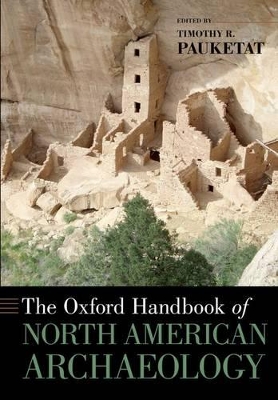Oxford Handbooks
1 total work
This volume explores 15,000 years of indigenous human history on the North American continent, drawing on the latest archaeological theories, time-honored methodologies, and rich datasets. From the Arctic south to the Mexican border and east to the Atlantic Ocean, all of the major cultural developments are covered in 53 chapters, with certain periods, places, and historical problems receiving special focus by the volume's authors. Questions like who first peopled the continent, what did it mean to have been a hunter-gatherer in the Great Basin versus the California coast, how significant were cultural exchanges between Native North Americans and Mesoamericans, and why do major historical changes seem to correspond to shifts in religion, politics, demography, and economy are brought into focus. The practice of archaeology itself is discussed as contributors wrestle with modern-day concerns with the implications of doing archaeology and its relevance for understanding ourselves today. In the end, the chapters in this book show us that the principal questions answered about human history through the archaeology of North America are central to any larger understanding of the relationships between people, cultural identities, landscapes, and the living of everyday life.
